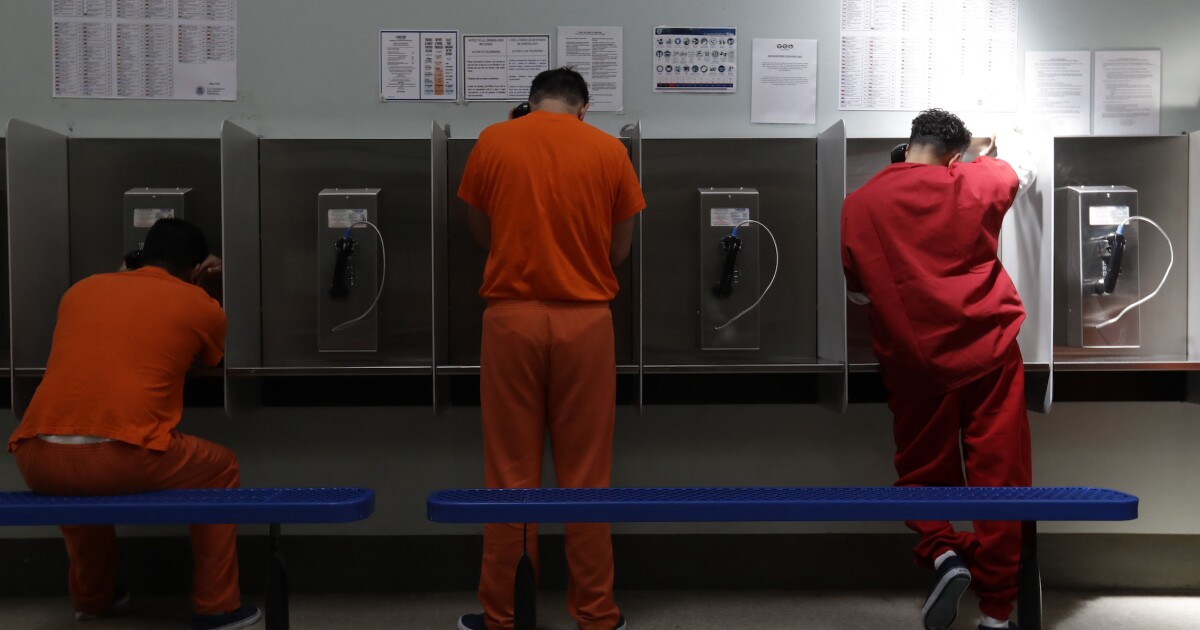

The California legislature is considering a bill that would use taxpayer money to cover the costs of legal representation for illegal immigrants who have been convicted of serious crimes and now face deportation.
A Los Angeles assemblyman’s bill would expand an existing state program that spends $45 million yearly to cover low-income illegal immigrants’ proceedings in immigration court.
TRUMP VS. BIDEN: ACADEMIC STUDY DETERMINES WHAT PRESIDENT WAS MORE EFFECTIVE ON BORDER
Democratic Assemblyman Reggie Jones-Sawyer’s proposal would expand the state’s One California program to include illegal immigrants who face deportation after being convicted of a felony in the United States and having served a court-mandated sentence. Presently, convicted felons are not eligible for state-funded legal representation in federal immigration court.
While the U.S. legal system guarantees free representation in criminal court, it does not hold the same for immigration courts, which are operated by the Justice Department.
One California was stood up by the state to provide approximately 1,000 illegal immigrants in California with lawyers as they navigate detention in federal custody, deportation proceedings, and having been separated from a family member by the government.
Jones-Sawyer has described the effort as a way to ensure “racial justice and true equitable access to crucial immigration services for all — not some.”
A Republican assemblyman, Bill Essayli of Riverside, opposed the idea on the basis that illegal immigrants facing immigration court were given their due process in criminal court.
“Every person has a right to a defense in a criminal case,” Essayli said. “The people we’re talking about in this bill have already been convicted of a serious felony after being afforded their government-paid defense. I see no legal or rational basis for why the California taxpayer should then be financially responsible for defending the deportation proceeding of a convicted felon.”
CLICK HERE TO READ MORE FROM THE WASHINGTON EXAMINER
Others who opposed the bill were concerned that the state’s $22.5 billion budget deficit would grow if the state were to pass it. No cost estimate for the implementation of the bill has been conducted.
The bill will have to move through the California House Judiciary Committee before moving to the floor for a vote. The committee began meeting last week.







